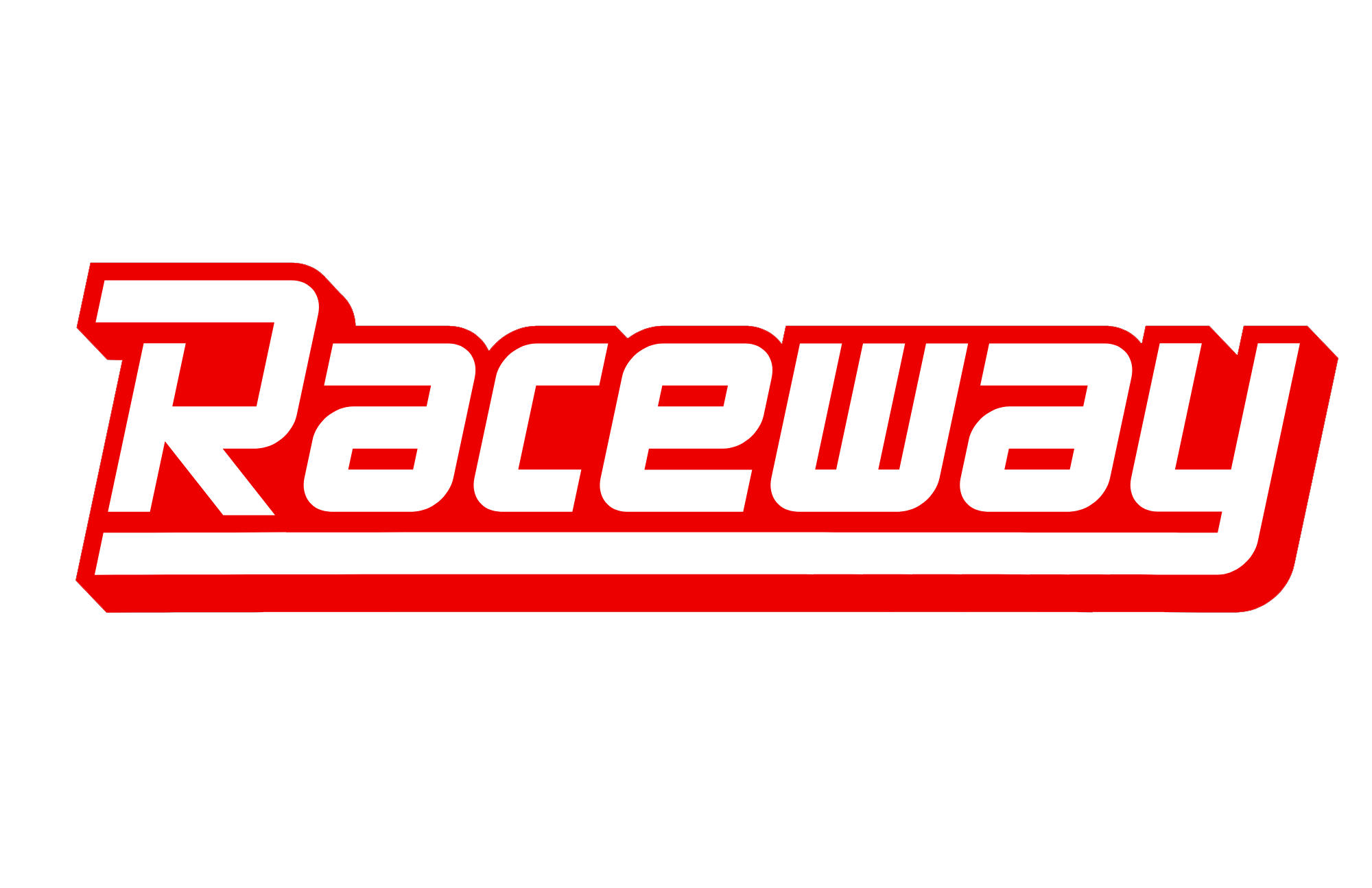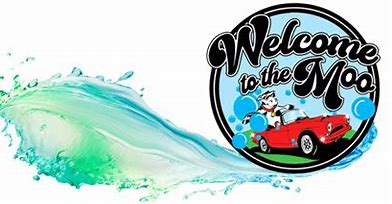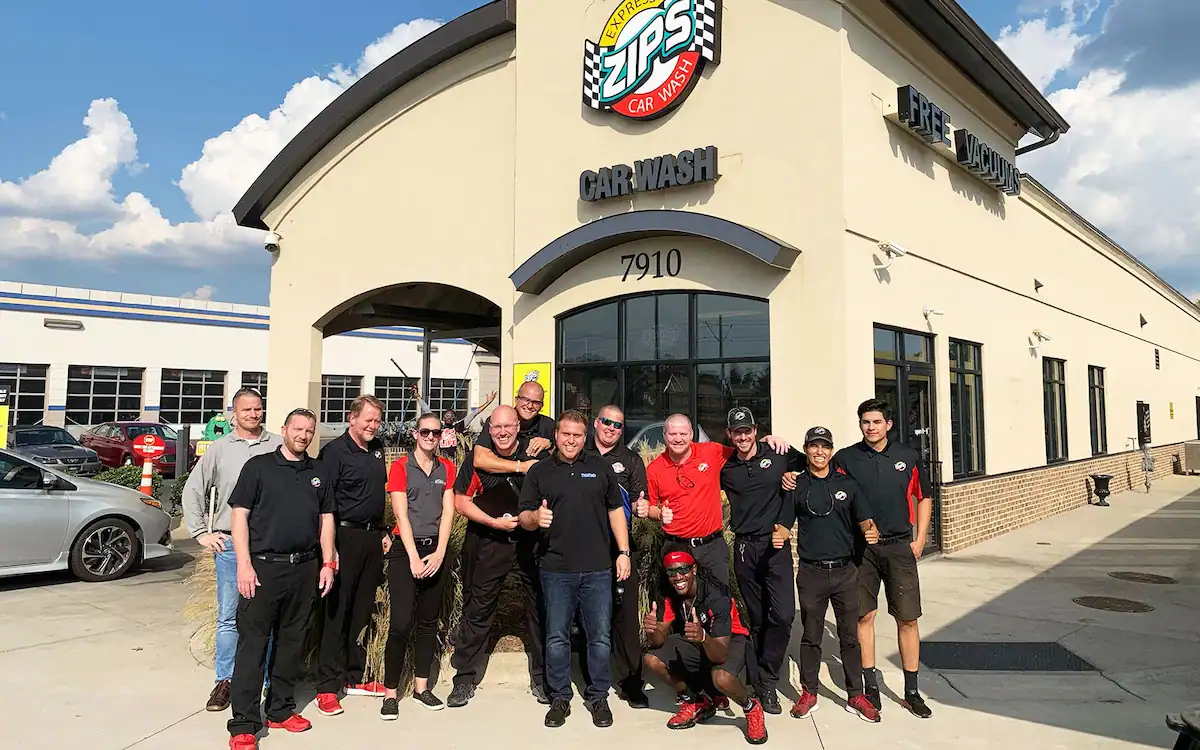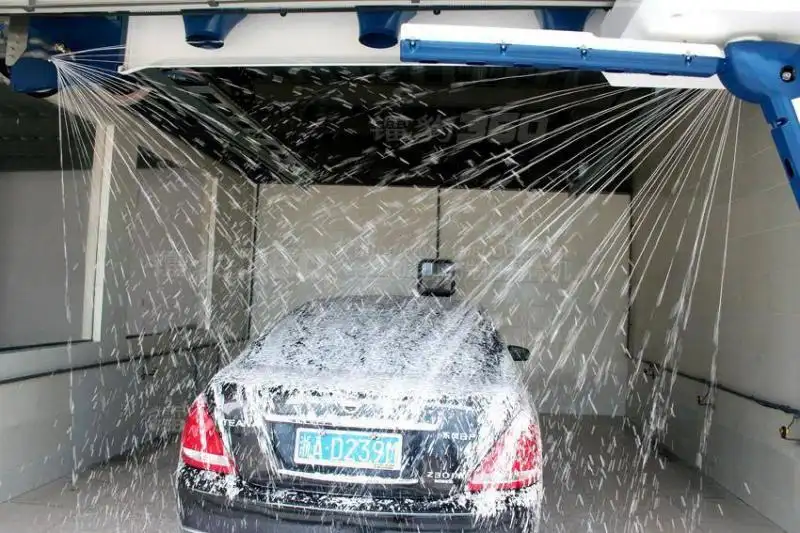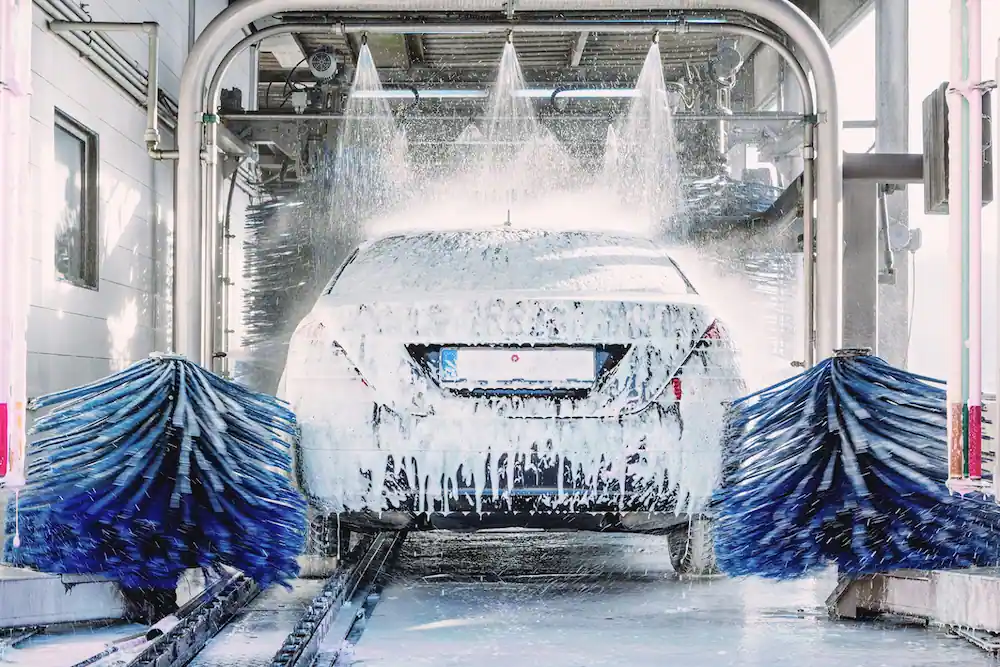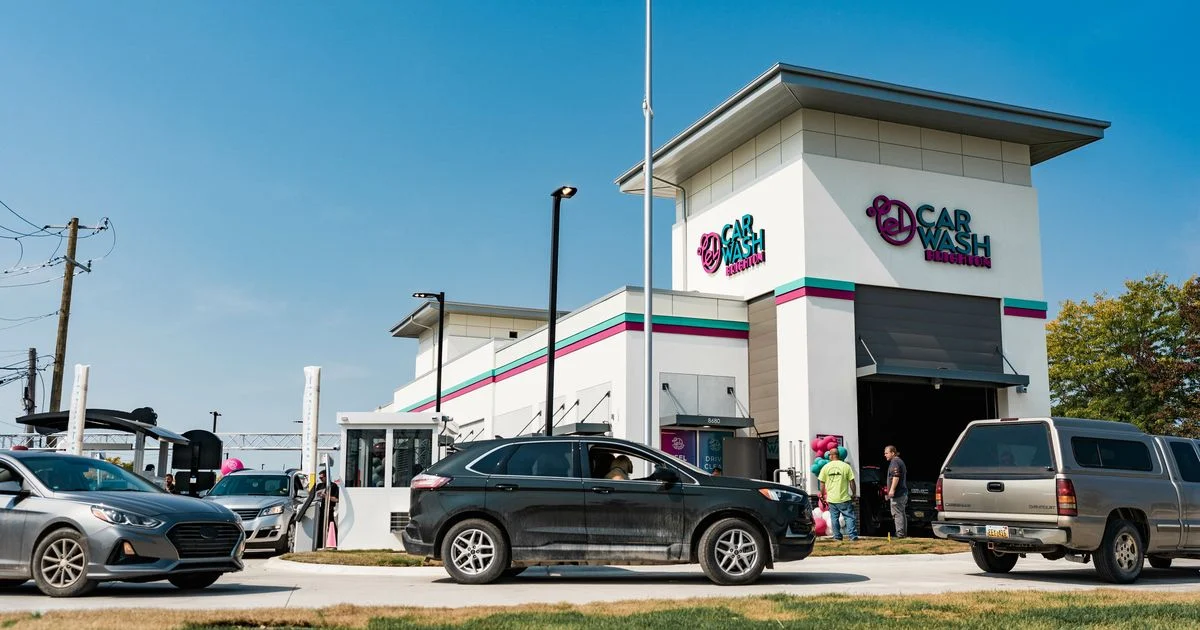By Jim Utter
Director of Journalism
A smart consumer who knows what they want remains the driving force in the continued growth in the car wash industry.
It’s no secret the subscription model – in which the customer pays a monthly fee to wash their car an unlimited amount of time – has been a key to gaining new customers as well as the industry’s expansion.
The change has altered the ‘old school’ dynamic of waiting for increased demand following bouts of bad weather (and thus dirtied cars) to one where the customer finds it economical and convenient enough to wash their cars on a regular basis.
“Consumers are savvy and reward businesses who give them value. My hunch is consumers have not changed, but the addition of a subscription model that allowed a consumer to wash their vehicle as many times as they wanted and offered free vacuums and towels was what changed,” said Peggy Flinn, the founder and principal of Flinnstone Strategies, a business and retail strategy consulting firm.
“The ‘Free’s’ worked! In addition, the technology made it more convenient with license plate reading fast lanes and self-loading conveyors.
“Good value coupled with fast and easy is always a winning combination.”
The “fast and easy” part of the equation combined with the subscription model makes for a potent and tempting enticement for those looking to keep their cars clean on a regular basis.
“I’ve learned working in and around the convenience and grocery sector for over 30 years that consumers always want to save time,” Flinn told CW Daily News. “What’s interesting is their perception of ‘time.’
“If they control their own journey in a store or a car wash their perception will be that the experience was ‘fast.’ The moment someone interrupts them, and they have to ‘wait in line’ or it takes forever to exit the car wash location, their perception of the experience was ‘slow.’ ”
Flinn warns however, that sacrificing one over the other may not be practical.
“The challenge I see in the fast exterior wash business today with all the new entrants is that real estate quality is slipping. New entrants believe that the subscription model trumps ease of property access and exit from the car wash,” she said.
The distinction comes from the difference in assessing the value of real estate and the business itself.
Real estate valuation focuses on location, comparative sales data, traffic patterns, and physical property characteristics. A business valuation involves analyzing operational performance, financial health, and a customer base.
It’s important to address both the property’s potential and the business’s operational viability.
“Easy to get in and out real estate coupled with strong operations and a compelling subscription model offer is the winning combination now and, in the future,” Flinn said.
Which is why she sees the car wash industry continuing its profitable ways.
“Investment payback when the right real estate is selected is three years or less,” she said. “It’s one of the most attractive investments in the auto services sector.”



